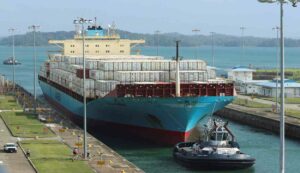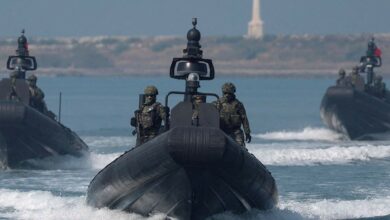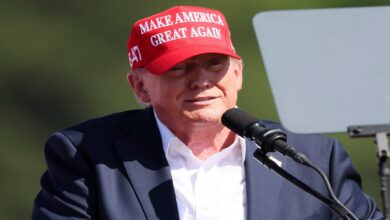Agreed to eliminate fees for US government ships passing through Panama Canal
Washington, DC: On Wednesday, the US State Department said Panama has agreed to remove taxes for US government ships using the Panama Canal. It said that the US government would save millions of dollars annually as a result of the decision.

The US State Department shared a post on X that said, “US government vessels can now transit the Panama Canal without charge fees, saving the US government millions of dollars a year.”
The decision follows US Secretary of State Marco Rubio’s February 1 arrival in Panama, his first tour since becoming the country’s top diplomat.
Notably, President Donald Trump threatened to seize control of the canal after winning the US presidential election in November of last year, claiming Panama was charging exorbitant fees to US ships traveling through one of the world’s busiest waterways.
“Our Navy and Commerce have received very unjust and careless treatment. In November, Trump said on his Truth Social platform, “The fees that Panama is charging are absurd.”
The US administered the area around the entrance for several years after constructing the canal in 1914. However, after a period of shared management, Washington gave Panama exclusive authority of the canal in 1999.
Rubio recently warned Panama about China’s influence and control over the Panama Canal, describing the situation as “unacceptable” and threatening “necessary measures” from the United States if no adjustments are made.
Rubio expressed Trump’s concerns to Panamanian Foreign Minister Javier Martinez and Panamanian President Jose Raul Mulino at a meeting in Panama City on February 2.
President Donald Trump “has made a preliminary determination that the current position of influence and control of the Chinese Communist Party over the Panama Canal area is a threat,” according to a statement from the State Department’s Tammy Bruce.
Rubio said unequivocally that the existing state of affairs regarding the Permanent Neutrality and Operation of the Panama Canal is “unacceptable” and that “absent immediate changes, it would require the United States to take measures necessary to protect its rights under the treaty.”





